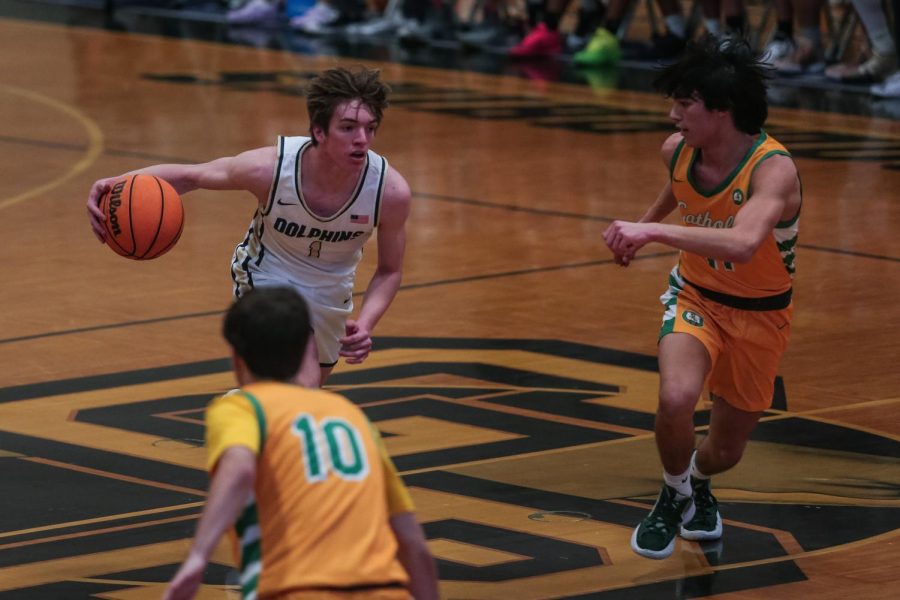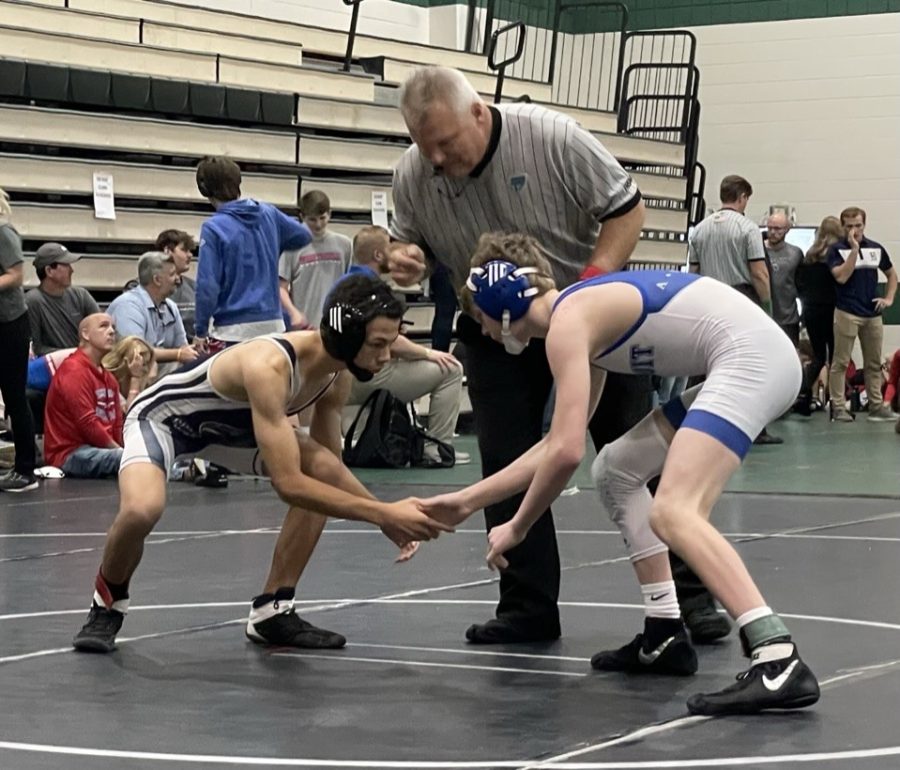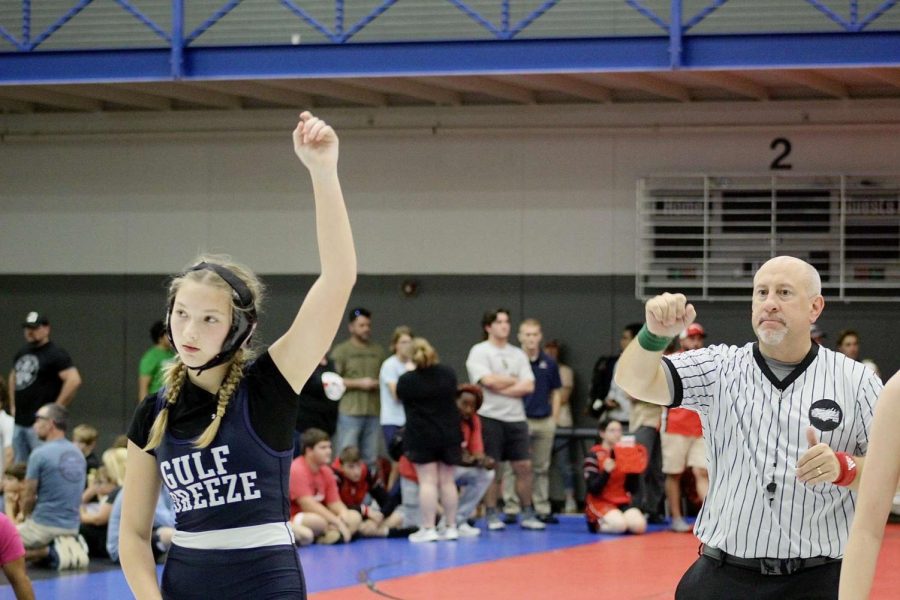Female Empowerment in an Online Generation
April 18, 2022
“We should be preaching confidence among teen girls, not comparison.”
It is no surprise that Generation Z has been the most impacted by the internet. With the popularity of Instagram, Snapchat and, most recently, TikTok, people yearn to follow trends, fit in and be noticed.
An article from Mayo Clinic describes the effects of social media on teens as “distracting them, disrupting their sleep and exposing them to bullying, rumor spreading, unrealistic views of other people’s lives and peer pressure.”
But it seems as if these trends and desires have a stronger, negative affect on teenage girls. Olivia Rodrigo, a singer who has a strong following among Gen Z, covers this phenomenon in her 2021 song, “jealousy, jealousy.”
“All I see are girls too good to be true, with paper white teeth and perfect bodies,” Rodrigo sings about, regarding the unrealistic construct of social media. “Comparison is killing me slowly. I think I think too much about kids who don’t know me.”
Last month, girls – specifically at GBHS – fell victim to comparison. A video posted publicly on YouTube titled, “We rated the top 10 most attractive girls at our high school,” listed girls among the senior class as attractive with justifications. The video garnered close to a thousand views before being listed as private. This YouTube video, rightfully so, sparked outrage among students, parents, teachers and GBHS administration.
While the people in this video did not necessarily rate the girls in a completely objectifying way, it is still disgusting and cruel that these people would go out of their way to exploit these girls by mentioning their names and using photos that they considered their prettiest. In fact, the thumbnail of the video was a female student in a bikini.
Although this video might have been created as a joke among friends, the affects of it have lasted longer than the video was posted.
As a teenage girl myself, who has been using Instagram since I started middle school, I have felt the effects of social media firsthand. Such effects include a lower self esteem, feeling alone seeing my friends hang out without me, feeling as if I’m not as pretty as other girls and not living up to society’s expectations of who I’m “supposed” to be.
In recent years, I have learned that nothing posted online is real. Everyone has problems behind the scenes that they don’t want anyone else to know about. Vulnerability is replaced by desired perfection online.
My advice to every teenage girl who has felt the effects of being compared or not good enough is simple. Pretend until you believe it. Look at yourself in the mirror and tell yourself that you’re amazing, confident and trying your best. As long as you say it, you will eventually believe – and know – that those statements are true.
Confidence is the most important asset a girl can possess. Girls should feel powerful and beautiful, both in person and online, not as if they’re not as amazing as their female peers. Every girl at GBHS is among the “hottest girls at our school.”
We should be preaching confidence among teen girls, not comparison.




















